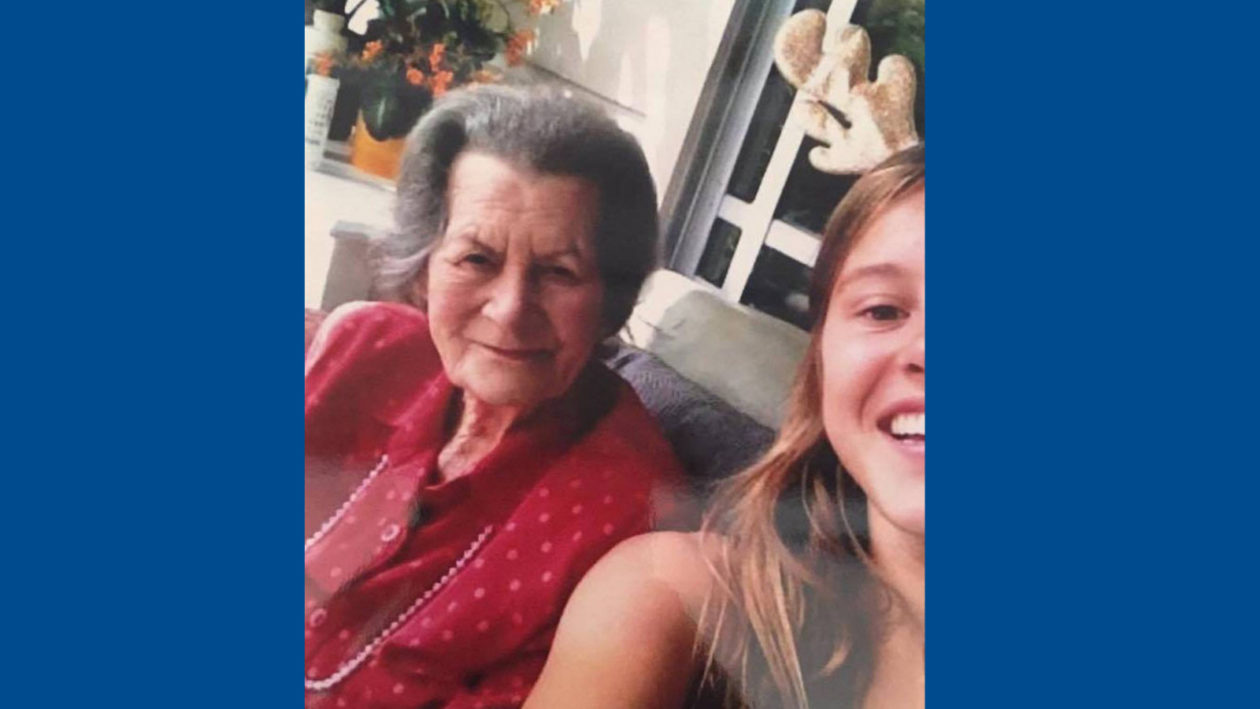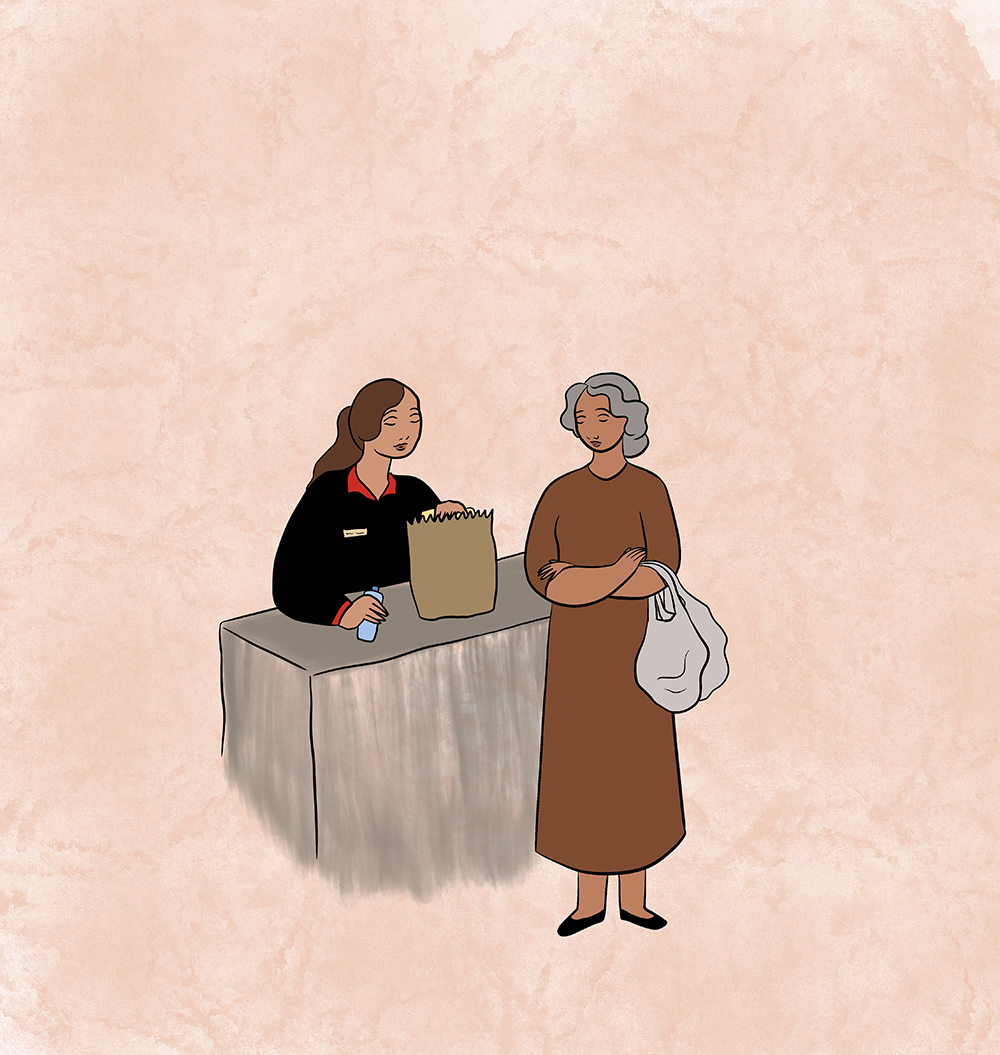Becoming a Dementia Friend - Lily's story
Many of us can relate to the challenges of watching someone you love navigate the journey of dementia. I watched three of my grandparents battle dementia, and saw how they started to change because of it.

At one stage, my grandma was adamant that I had stolen her car. This made me nervous to see her as I wasn’t sure how she would respond. Despite being aware of the symptoms associated with dementia and knowing it wasn’t my grandma’s fault, it was still hard to overcome the initial fear.
No one wants to imagine what living with dementia might be like. So we try not to. But I firmly believe that our discomfort around dementia is getting in the way of how we will cope with it.
In fact, people often say the most devastating thing that happens when you get a diagnosis of dementia is that friends and family will treat you differently. I didn’t want to be uncomfortable around or shy away from my grandma so I became a Dementia Friend.
A Dementia Friend is someone who wants to help people living with dementia. I did the Dementia Friends quick, 20 minute online Alzheimers NZ programme. You learn about the condition and how to interact with those living with it. You get a badge or wristband and a certificate, and join a growing community of over 10,000 Kiwis who want to help.
A Dementia Friend recognises the importance of helping in any small way they can. Whether it’s popping round for a cup of tea, or assisting your neighbour with bringing in their mail, the little things can really make a difference.
I remember a time when my grandma was checking out her grocery shopping and she asked the cashier if she could have it gift wrapped.
The cashier smiled and said “oh sorry, we only gift wrap on Mondays”. It’s the little things like this when you don’t make confusion or mistakes a big deal, that can avoid people living with dementia feeling embarrassed or unsafe.

I ended up researching the impact that social interaction with businesses can have on dementia for my degree. What I found was that if we can support and include people living with dementia in our communities and businesses, people with dementia will live more quality lives while also easing pressure on the already overwhelmed health sector.
Becoming a Dementia Friend has not only changed the way I interact with my own family but also members of the public who may be demonstrating signs of the condition. People do change, and they might not be how you remember, but the same person is still there. The important thing is to maintain those relationships even if they are slightly different than before.
And if I ever develop dementia, I hope that one day I will live in a community that is going to be more willing and supportive to help me live well with it.
Becoming a Dementia Friend is a great way to help start that journey.

